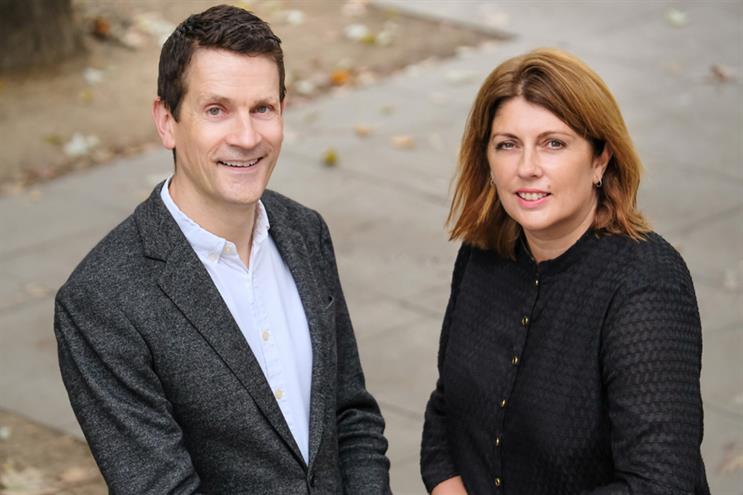Work is starting to become a really damaging place to hang out.
The data about fulfillment and enjoyment at work is really shocking – the number of people reporting being lonely at work has increased 30% since the millennium. Lonely. How depressing is that? The place we spend on average 43 hours a week is making us "sad because one has no friends or company…"
Across the whole labour sector half of all workers report feeling exhausted in their jobs – double the figure from two decades years ago.
General cultural, technological, and workplace trends have extend our working hours – since the arrival of the mobile phone the working day averages two hours longer than before.
The advent of email everywhere means that most of us are in a state of cortisol-drenched fear, constantly on alert for an urgent call to action.
In our offices we might have a better coffee machine and free fruit but we find it increasingly hard to get anything done, impotently subjected to constant interruptions in vast open-plan savannahs. One of the only means of coping – some good quality noise reduction headphones – leave us disconnected from colleagues and estranged from the team cultures we’re meant to be part of.
It feels like it really is time to act. To stop feeling overwhelmed by the commentary and content on the subject and to apply more science to our understanding of this critical area. To reinvent the workplace for the next generation of creative industry stars.
Although cultures are nuanced, evolving and there is no one rule book that fits all businesses, our New Work manifesto supports the most evidenced and fundamental changes that should be made to improve work.
New Work Manifesto
Modern work is frying our brains. We’re working longer and the way we’re working is taking more of a toll on us. We believe we can make work more enjoyable, more rewarding and less taxing. By committing to this simple manifesto we believe we can improve work and our lives.
Presume Permission
The New Work Manifesto is grounded in trust. We’ve all accepted all of the ways that we’ve added towork in the last ten years but most of us have been scared to ask for any flexibility in return. The New Work Manifesto assumes permission for flexibility. Trust is given – and we all work to sustain and earn it with our actions. People find they do their best work in different ways. Leaders’ roles are to support workers achieving results in the way best suited to them.
40 Hours is enough
We have this idea that the more we work, the more we accomplish. There’s simply no evidence to support it. The idea that working longer achieves more has been proven to be untrue. Let’s respect 40 hours as a solid week’s work – and let people find the right time to complete it.
Reclaim your lunch
Stepping away from our desks – and our emails – is one of the most important parts of achieving more at work. Let’s discourage people from eating al desko and urge everyone to use lunch breaks to refresh themselves.
Give us some room
Open plan offices are bad for concentration. While most of us are able to get emails and discussions done in open plan environments, there should be no embarrassment in stepping away from our desks – or arriving later to them – to achieve deeper levels of thinking.
Digital Sabbath
An escape from digital enslavement. No one should be forced to answer work emails at the weekend. There’s no action as simple as turning off phone notifications that has anywhere near the impact.
The Only Way is Ethics
Great working environments start with strong moral codes. It shouldn’t take pay gap revelations and toxic culture stories to draw attention to problems. We should assert our convictions and be held accountable for them. Let’s wear our ethics with pride.
Got to be me
Work should celebrate our true selves and allow us to be them. There’s simple proven ways to make this happen. We commit to letting this happen.
Sue Todd & Bruce Daisley are the creators and hosts of the inaugural event Culture 2.0 – a leadership summit on work culture to be held in central London on 2 November.


